Iveco believes gas-powered vehicles are the only viable alternative to diesels for the majority of UK fleets. The manufacturer has invested heavily in alternative fuels in a bid to become the market leader in sustainability.
Speaking at the company’s annual ‘State of the Nation’ conference, Iveco managing director Stuart Webster said: “Diesel will continue to play a central role in what transport operators do for many years to come.
“But we must also do everything we can to encourage the rapid uptake of alternatives. Because they – undoubtedly – are the future.”
Clean Air Zones (CAZs) restricting access to vehicles that fail to meet Euro 6 emissions standards will be in place in at least six cities by 2020. But, based on current replacement cycles, there will still be 175,000 trucks on the road in 2020 that are Euro 5 or below.
Iveco has developed a range of compressed natural gas (CNG) and liquefied natural gas (LNG) engines, available across its model line-up. It also has the recently launched Daily electric van.
“The Daily Natural Power with Hi-Matic transmission is ideal for reducing urban emissions. Using gas, it emits 76% less particulate matter and 12% less NOx,” explained Martin Flach (pictured), Iveco alternative fuels director.
He added that the NOx reduction from gas is even greater on heavier trucks.
“The whole point of a methane CNG-powered vehicle is to run it on bio-methane. Then you can expect up to a 95% reduction in carbon emissions,” continued Flach.
One of the key challenges for Iveco has been dealing with the additional weight that alternatively fuelled vehicles need compared with their diesel counterparts.
Flach said: “One of the challenges, especially at 3.5 tonnes, is it’s difficult to get people to accept the reduction in payload.
“After many years of campaigning, we now have people in the DfT (Department for Transport) actively working on this. They have announced that the O-licence requirements will be raised for alternative fuel vehicles to 4.25 tonnes and we expect they will shortly announce that the licence requirements will be updated, too.
“That will give alternative fuel vehicles a payload bonus, not just parity.”
Iveco received a “significant increase” in the amount of interest from fleet operators in gas-powered vehicles in the final quarter of 2017.
The vehicles cost between 20% and 25% more than diesel versions, but can cut a third off an operator’s fuel bills with attractive environmental benefits.
Infrastructure is a challenge, however. There are currently only 40 gas filling stations in the UK and just one has both LNG and CNG on site.
“This year they will roll out more,” said Flach. “All the people I talk to in the gas supply network are actively looking at opportunities for new stations. They are looking for customers who will give them an adequate level of turnover to justify building it.”
Electric vehicles offer even greater emissions reduction but at the cost of significant investment.
“The launch of Tesla’s new Semi has made people sit up and take notice,” said Webster. “Diesel has been the one-size-fits-all fuel for everyone in road transport. Tomorrow, the right choice of fuel will depend very much on what you actually do.
“We’ve championed gas as the right answer for longer distance, heavier weight applications – and trucks in particular. Buyers are talking and thinking about alternative fuels.”
But Webster raised the issue of lost revenue for Government if everyone switches to low- or zero-emission vehicles.
“The answer, of course, is road user charging,” he said.
Operators will need to make sure they are carrying more, for more of the time, as profitability and cost reduction will come from efficiency of operation.
“Operators will need to be full every mile they run – because every empty mile will be cost directly out the door,” Webster said. “That means being connected: operations, logistics, roads, trucks, everything – because connectivity will be the key.
“The winners will be those able to deliver the minimum cost per tonne moved.”

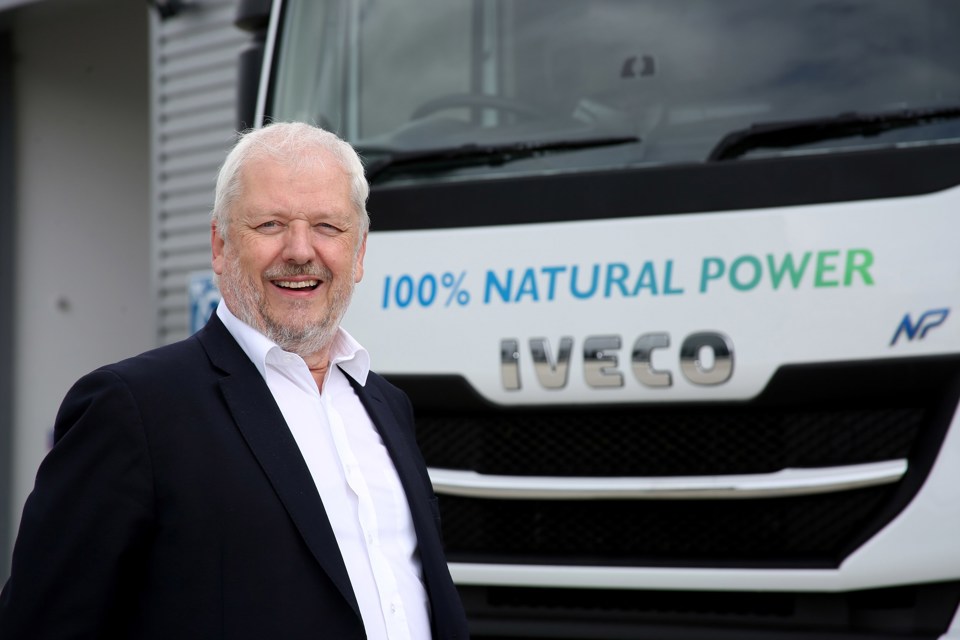


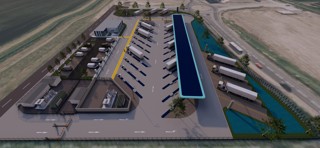
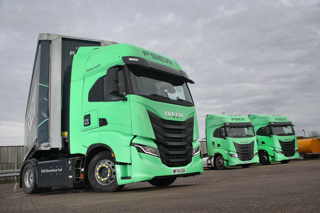
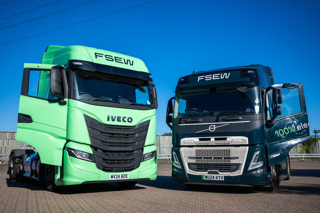
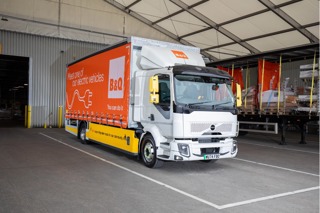
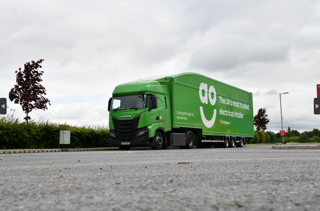













Ian Coleman - 01/03/2018 14:08
it's nice to see after 20 years Iveco and Scania are both still at the front leading on this issue, having worked with both companies when they started on this road all those years ago.